 EN
EN
 PT
PT

Flip over the card and observe the animal, but pay attention because you will see many of them and you have to remember them all. Pay attention: a hippopotamus, a whale, and then?
You are very hungry, but your real objective is sweet candy. Collect as many as you can to defeat your opponents!
I’M SO HUNGRY THAT…, is a game from the series “Playing to Grow,” and was developed by Gianluca Daffi, an expert in child psychology and university professor.
Each game focusses on developing a specific executive function or cognitive process with the objective of having fun.
I’M SO HUNGRY THAT… specifically develops working memory and attention span..
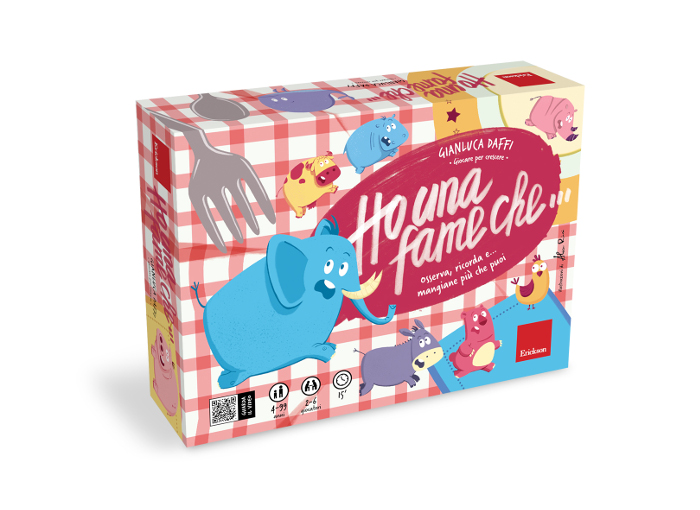
HOW TO PLAY
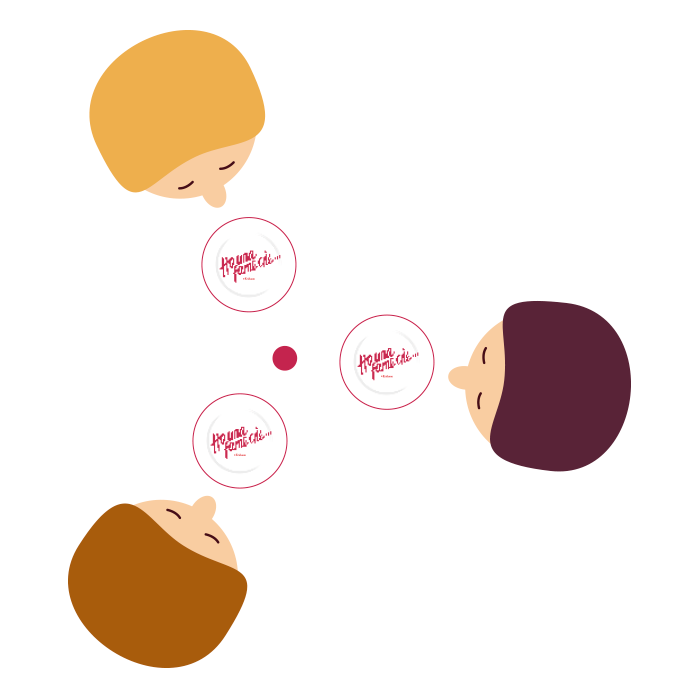
Preparation
Shuffle the 78 cards and deal them out equally among the players. If there are any remaining cards, place them off to the side.
Each player places their deck of cards in front of them face down. A “candy” token is placed in the centre of the table.
Start of the game
The player that is chosen to start the game turns over a card from his or her hand and places it at the centre of the table beside the “candy” token.
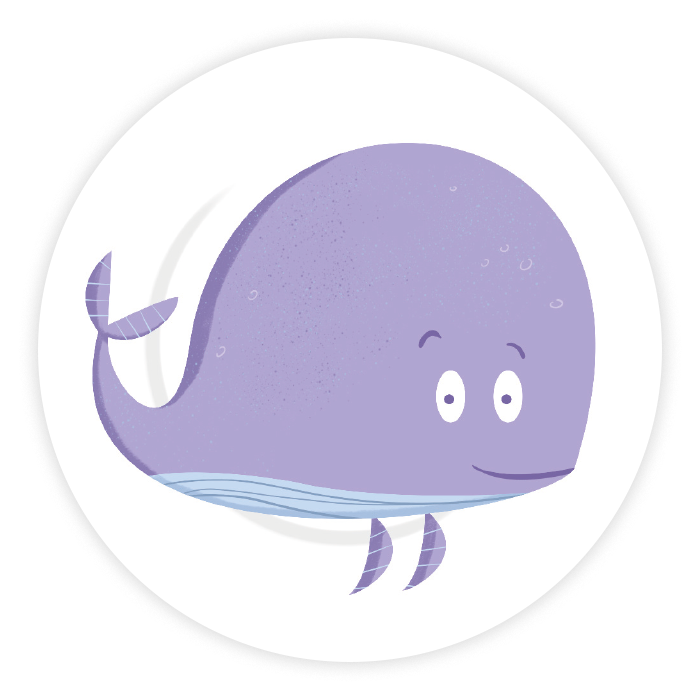
If it is an “animal” card, the player says, “I’m so hungry that I could eat a…” and the name of the animal shown on the card. For example, “I’m so hungry that I could eat a whale.”
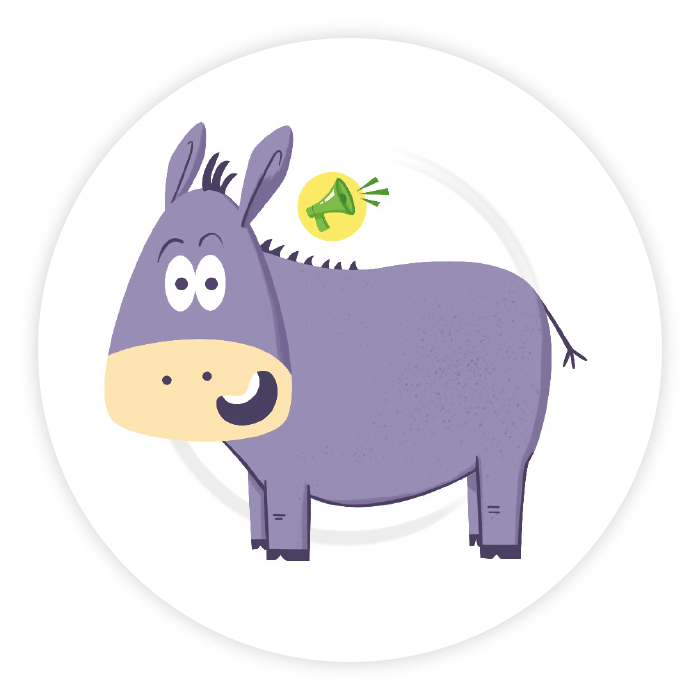
If it is a “sounds” card, the player puts the card at the bottom of his or her deck of cards and draws a new card. (only at the start of the game).

If it is a “candy” card, then a candy token is placed on the table and added to the token already present. The player then says, “I’m so hungry that I could eat a candy!”
The person to the left continues the game. Player 2 turns over the first card from his or her hand and places it face up on top of player 1’s card, taking care to cover it completely.
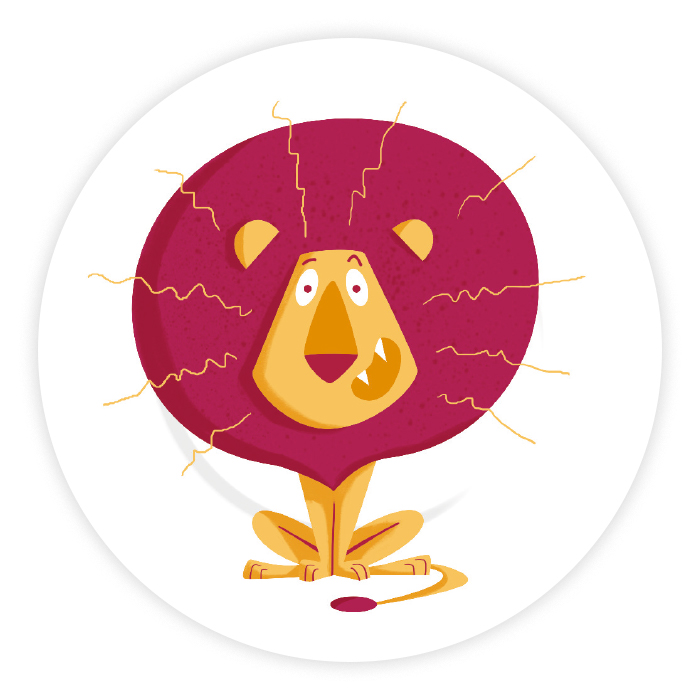
If it is an “animal” card, player 2 says, “I’m so hungry that I could eat a…” and the name of the animal on the top card as well as the name of the preceding animal. For example, “I’m so hungry that I could eat a lion and a whale.”
Play continues to player 3. The cards remain at the centre of the table.

If it is a “candy” card, another token is placed in the centre of the table, and the player says nothing.
All cards remain at the centre of the table. When listing the animals, the player must avoid including the candy in the list.
Play continues to player 3.

If it is a “sounds” card, the player will have to make the sound of the animal shown before repeating the sequence of cards drawn.
At this point, stop the game and check if the player who made the animal sound repeated the animals in the correct sequence. For example, “I’m so hungry that I could eat a lion and a whale.” If so, that player wins all of the candy tokens on the table, and the pile of cards in the centre of the table are added to his or her hand.
If the player does not remember the sequence correctly, he or she is eliminated from the game and all of the cards in the centre of the table are removed from the game.
Ending the game
The player who collects the most candy tokens wins.
A GAME WHICH STIMULATES EXECUTIVE FUNCTIONS

What are executive functions?
Executive functions are the set of mental processes which monitor our thoughts and behaviours. They incorporate various neurological operations which are needed to control and coordinate our actions.
Put more plainly they are like a series of little gnomes who all work together in our brain, helping us execute any kind of task we might face in our daily lives.
FLEXIBILITY – In other words the ability to adapt to new situations and handle contingencies appropriately
PLANNING – In other words the ability to see yourself reaching an objective and understanding the steps to be taken to achieve it
FOCUSED ATTENTION – in other words the ability to concentrate on certain elements, selecting what is useful by “filtering” it from all the other information available
WORKING MEMORY – In other words the ability to remember information connected to the execution of an activity and the time needed to conclude said activity
RESPONSE INHIBITION – In other words the ability not to implement the first response we impulsively tend to produce, whether it is opportune or not
EMOTIONAL SELF-REGULATION – In other words the ability to handle your emotions and keep your feelings under control so they do not prevent you from reaching your goals